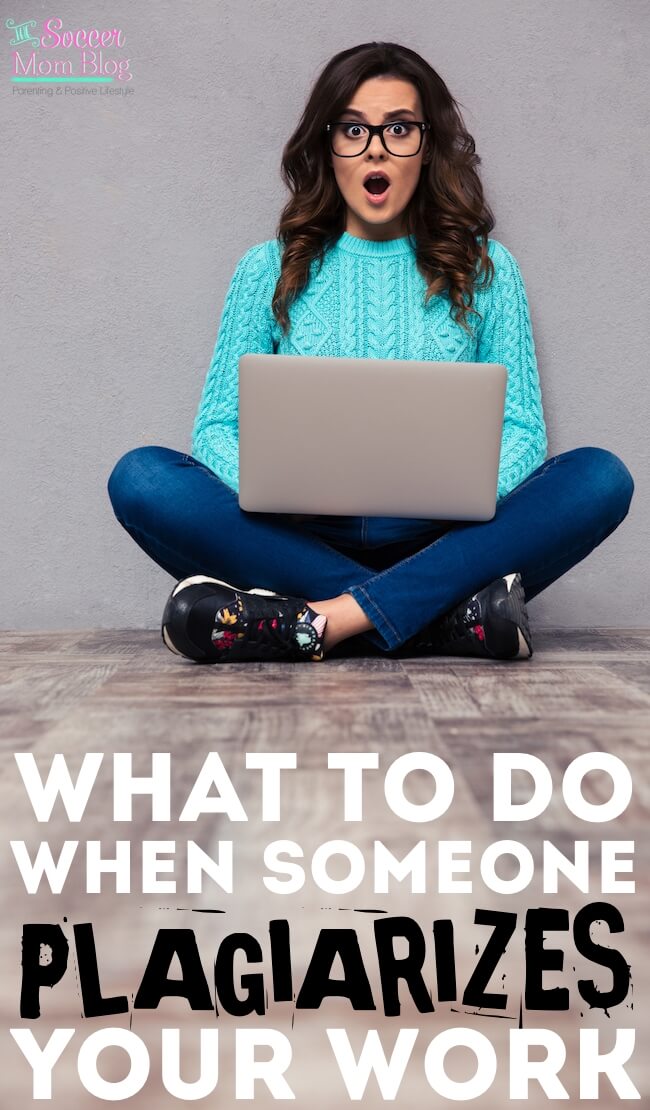Melania Trump’s speech at the Republican National Convention sent shockwaves across the nation. When played side by side with a clip from a 2008 Michelle Obama speech, it was clear that Trump’s bore too much similarity to be coincidence.
Pasting Mrs. Trump’s speech in Grammerly (an online tool which can check for plagiarism), as did the International Business Times, shows “significant plagiarism detected.” However, there were a surprising number of people jumping to her defense — and not just because she likely didn’t write the speech.
“If it’s not word for word, it’s not plagiarism.”
“So she can’t talk about wanting her kid to reach her dreams without being accused of copying? I guess we are all plagiarizing every day then!”
Let’s be real — a good thirty seconds of Melania’s address was almost verbatim to what Michelle Obama said a few years prior. A couple words might have been switched around, but there is no denying where she (or her speech writer) got their “inspiration.”
My first thought while watching live: this is SO bad that it has to be sabotage. She and her team couldn’t seriously think they would get away with this.
But what if they DID think they would get away with it?
You might be surprised to know how much of what you’re reading is regurgitated content, often without permission from the original source.
How do I know? It’s happened to me. Twice. (That I’ve caught).
The first time I experienced blatant plagiarism of my work it was by the Huffington Post UK. I was made aware when I started noticing a tiny bit of referral traffic in my daily analytics report. At first I was excited — isn’t every writer’s dream to be published on a major internet news source?
Then reality began to sink in. I never submitted anything to the Huffington Post.
I did a little digging and found a brand new HuffPostUK article about reasons children won’t sleep. Except what I read was actually half of my own popular blog post about toddler sleep. Huge chunks of my EXACT words had been slapped with quotation marks and presented as an interview.
Except of course, I had never spoken to this “author” in my life. Instead of doing her own research and legwork, she simply ripped off an extremely popular piece from another writer. What’s worse, she was actually the Senior Editor of the Parenting section. She knows better.
If plagiarism is not only accepted, but practiced by the top brass in an organization, it is likely standard operating procedure. Surely I was not their only victim.
Why Plagiarism Matters
The best way I can explain this is to tell you why plagiarism matters to me.
I write for a living. When someone copies my work they are stealing from me. They are stealing my intellectual property and they are stealing money out of my pockets, out of my children’s college funds.
No, that is not an exaggeration. When Huffington Post takes my popular blog post and puts it on their much larger website, they essentially take the “juice” from my post as well. Their huge readership and social media following makes it easy for their posts to go viral. If they’re used the same keywords, search engines might think that their article is the go-to source for the topic. My original post falls into obscurity, along with the potential revenue it could bring my family.
This is my “real” job. This is my family’s main source of income. It IS a big deal.
Why Big Publications Practice Plagiarism
- It’s easier. Writing is time-consuming work: brainstorming, researching, content creation, editing, etc. To copy text from another site and paste into another piece takes minutes.
- They think they won’t get caught. The average reader is not going to recognize stolen content. Going a step further and presenting a piece as an interview, as in my case, implies that I gave consent and even assisted with the piece. Who would question that?
- There are no real consequences. Pretty much the worst that can happen is the original author will call them on the plagiarism. The copycat is banking on the fact that most smaller writers are not going to want to throw money into a legal battle.
Plagiarism is NOT Flattery
This is an educated guess, but I bet that a lot of bloggers end up promoting their plagiarized work.
As I mentioned earlier, my first instinct when I figured out the Huffington Post had linked to my site was excitement. Being featured on a major publication is often seen as a badge of honor and good “exposure.” Not only will some bloggers not fight back if their work is stolen, they might actually share the plagiarized piece because they are proud to have their name on a viral article. Even if it is not truly going to benefit them.
See, exposure won’t pay my bills. But an awesome blog post that brings thousands of people to my website WILL. I would rather build my brand, my following, my business than contribute to a mega-conglomerate that’s doing just fine on its own. Especially when said conglomerate knowingly does things to hurt other writers.
I belong to a support network of parenting bloggers, so I showed the article to them for validation. I wasn’t overreacting…right? Fortunately every single one of them that saw and replied confirmed that this was plagiarism. This was wrong. And they were willing to stand behind me and support me in my campaign to have my stolen work removed from the offending site.
Why You Should Care About Plagiarism
As a part of my strategy to get the larger publication’s attention (in both the Huffington Post instance and a separate incident with personal finance site ClarkHoward.com), I contacted both via social media.
I guess I shouldn’t be surprised to receive some backlash, as social media can be brutal. But I was surprised and saddened when some commenters turned on me. They said I was greedy. They said I should be thankful for the exposure (not that again). They didn’t care.
But we should care, even if writing is not our occupation.
Songs can be plagiarized. Ideas can be plagiarized. Saying that it’s ok for a more powerful organization (or anyone really) to cherry-pick brilliant ideas from “the little guy” is setting a dangerous precedent. And when it does happen to you, it is gut-wrenching.
What to do if your work has been plagiarized?
When you find your work copied on another website or social media account, here are some things you can do. I usually go in this order and continue through the steps until I have gotten results.
- Find their contact information and reach out to them asking to remove stolen content
- Follow up if necessary with cease and desist or DMCA takedown letter (for online work)
- Directly contact the “author” of the article
- Contact them through social media
- Recruit friends and colleagues to contact them
- Report to social media platforms.
In the case of the HuffPostUK, they admitted their “mistake” and made my suggested corrections within a day. I was satisfied with that outcome, but I no longer share content from their site out of principle and the worry that they could still be trying the same thing with other non-suspecting bloggers.
But what if a site doesn’t respond?
I don’t have all the answers, and I’m not a legal expert. I know that most writers really can’t afford a costly legal battle with a deep-pocketed corporation. All I can say is don’t give up. Keep emailing, keep tweeting, keep trying to protect your work.
Your work is worth the fight. And if you don’t fight, who will?
Click here to see all the blogging tip blog posts from The Soccer Mom Blog
- Amish Sugar Cookies - April 19, 2024
- Marshmallow Playdough - April 18, 2024
- Homemade Fruit Leather Recipe - April 17, 2024



katharinetrauger says
BRAVA!
Many people confuse plagiarism with piracy and think only piracy is illegal. Thanks for making things more clear for them!
I’ve found entire print-magazine articles pirated, word for word, on blog sites. One pirate used even my name. The other said, “This is so good, I couldn’t help myself; I just had to share it here.”
Not flattered? Maybe a little bit? Heh.
Has anyone ever thought of organizing a bank of lawyers who specialize in plagiarism/piracy issues who would offer a sort of insurance for writers, like fire insurance (you hope you never need it, but…)? Probably they could make a tidy sum by charging only $100 per year. I’d pay that much.
Stacey aka the Soccer Mom says
Glad you found this useful Katharine! 🙂